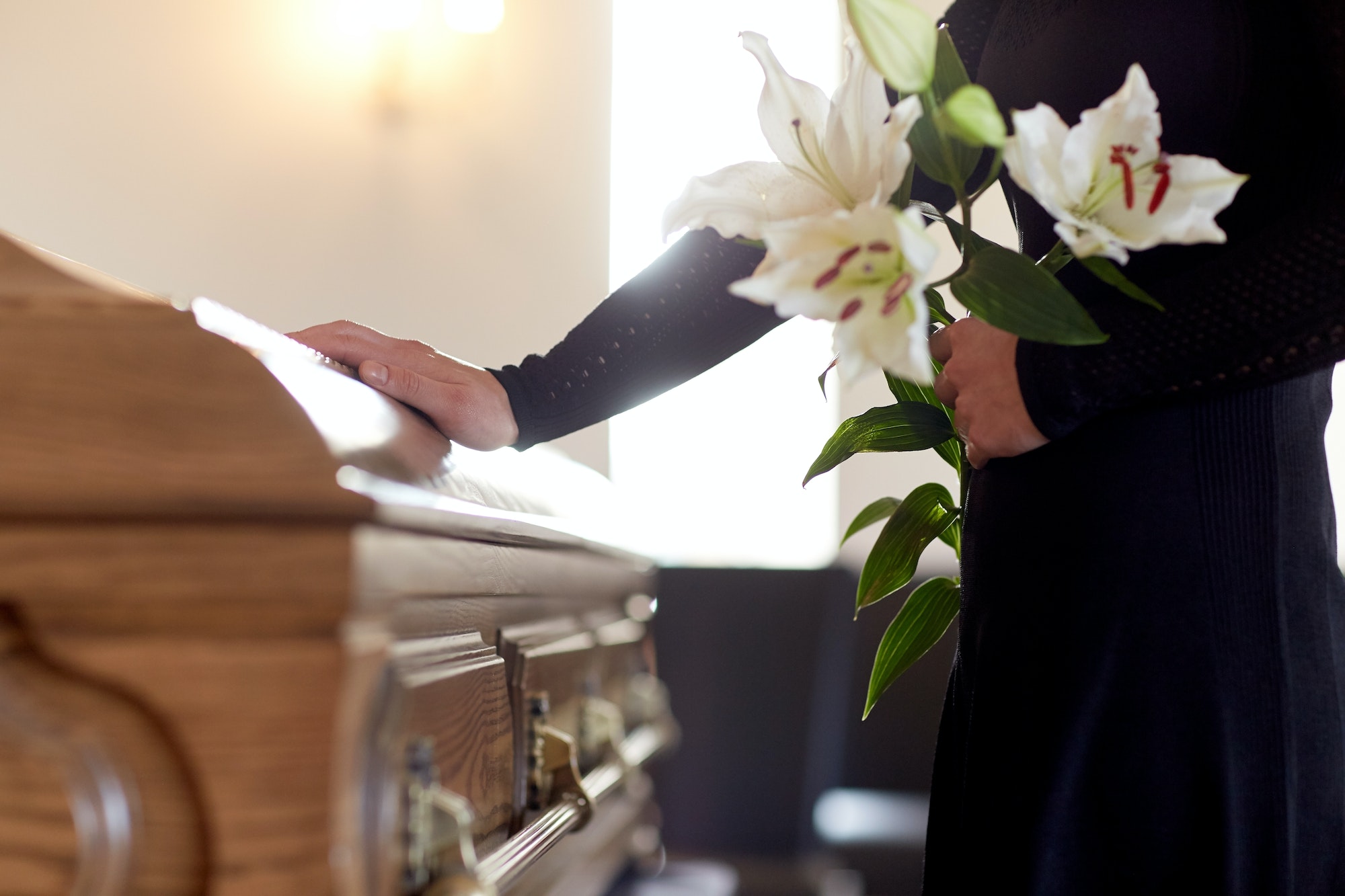Adults with Autism
Attending a Funeral
Attending a Funeral With Unique Sensitivies
Navigating the intricacies of a funeral can be challenging for anyone, but individuals on the autism spectrum may face unique sensory sensitivities, social complexities, and emotional considerations. In this comprehensive guide, we aim to provide you with practical strategies, helpful tips, and compassionate advice to help you navigate this solemn occasion, honor the memory of the departed, and find solace in your own way. Whether you are attending the funeral of a loved one or offering support to a grieving friend, this guide is here to assist you in creating a meaningful and manageable experience amidst the delicate nature of a funeral service.

Prepare in Advance
Familiarize yourself with the funeral customs and traditions of the culture or religion the service follows. This will give you an idea of what to expect and how to behave respectfully.

Dress Appropriately
Choose clothing that is considered respectful and appropriate for a funeral. Generally, darker and more conservative attire is preferred, but it may vary depending on cultural or religious practices.

Arrive Early or On-Time
Punctuality is valued in funeral settings. Arriving early can help you become acclimated to the environment before it becomes crowded and overwhelming.

Plan for Sensory Sensitivities
Funerals can be overwhelming in terms of sensory input, such as loud noises, bright lights, or strong smells. Bring headphones, sunglasses, or any other sensory aids that can help you manage sensory sensitivities.

Observe & Follow Social Cues
Pay attention to the behavior of others around you and follow their lead. You can observe what others are doing, such as greeting or consoling the bereaved family, and try to emulate their actions if you feel comfortable doing so.


Express Condolences
If you feel comfortable, offer your condolences to the immediate family members of the deceased. Simple phrases like "I'm sorry for your loss" or "My thoughts are with you and your family" can be appropriate.

Respect Personal Space & Boundaries
Be mindful of personal space and physical contact. If you are uncomfortable with hugs or handshakes, a nod, a gentle touch on the arm, or a simple verbal expression of sympathy can be appropriate alternatives.

Take Breaks if Needed
Funerals can be emotionally and mentally draining. If you feel overwhelmed or need some time alone, it's acceptable to take breaks. Find a quiet space, such as a designated area or outside the venue, where you can collect yourself and regain composure.

Seek Support
If you have a close friend or family member who understands and supports you, consider asking them to accompany you to the funeral. Having someone by your side who can provide emotional support can make the experience more manageable.

Be Kind to Yourself
Remember that attending a funeral can be emotionally challenging for anyone, and it’s okay to experience a wide range of emotions. Be patient with yourself, practice self-care, and seek support from trusted individuals after the funeral if needed. Remember, these suggestions are general guidelines, and it’s important to prioritize your comfort and well-being throughout the funeral process. There is no right or wrong way to grieve. Feel free to adjust or adapt these recommendations to best suit your needs and preferences.

Guide Disclaimer
This guide is intended to provide support and guidance to autistic adults in navigating the sensitive and emotional experience of attending funerals. It is crucial to note that every individual is unique, and the strategies and suggestions mentioned in this guide may not suit everyone’s preferences or circumstances.
The information presented here is not a substitute for professional advice or mental health support. If you or someone you know is struggling with grief, anxiety, or any other emotional challenges related to attending funerals, it is highly recommended to seek assistance from qualified professionals, such as therapists, counselors, or support groups specializing in autism and mental health. They can provide personalized guidance tailored to your specific needs and circumstances.


